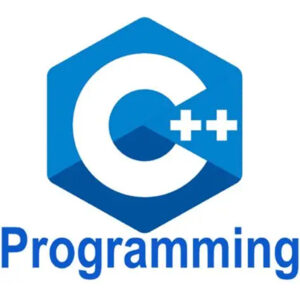
Overview
C++ is a powerful, high-performance programming language that supports both procedural and object-oriented programming. It is widely used for system software, game development, and real-time applications. Known for its speed and flexibility, C++ provides fine-grained control over hardware and memory management.
Study Mode:
Duration:
Curriculum For:
Batch Seats:
Learning outcomes
- Understand the fundamentals of C++ syntax and structure.
- Develop problem-solving skills using C++ programming concepts.
- Implement object-oriented programming with classes and objects.
- Apply concepts of inheritance, polymorphism, and encapsulation.
- Manage memory efficiently using pointers and dynamic allocation.
- Build real-world applications and perform file handling in C++.
Career information
C++ offers strong career opportunities in software development, system programming, and embedded systems. It is widely used in game development, operating systems, and high-performance applications. Professionals skilled in C++ are in demand in industries like finance, telecom, and robotics. C++ expertise also opens doors to roles in competitive programming and software engineering.
Career Path
- Software Developer
- Game Developer
- Embedded Systems Engineer
- System Programmer
- Financial Software Developer
Program syllabus
C++ Course
Unit 1: Introduction to C++ Programming |
|---|
|
|
|
|
|
|
| Unit 2: Core Concepts in C++ |
|---|
|
|
|
|
|
|
|
|
|
|
|
| Unit 3: Control Flow in C++ |
|---|
|
|
|
|
|
|
| Unit 4: Functions in C++ |
|---|
|
|
|
|
| Unit 5: Arrays and Strings |
|---|
|
|
|
|
| Unit 6: Pointers |
|---|
|
|
|
|
| Unit 7: OOP Concepts in C++ |
|---|
|
|
|
|
|
|
|
| Unit 8: File Handling |
|---|
|
|
|
| Unit 9: Templates and Exception Handling |
|---|
|
|
|
